Rozmowa z Myrath
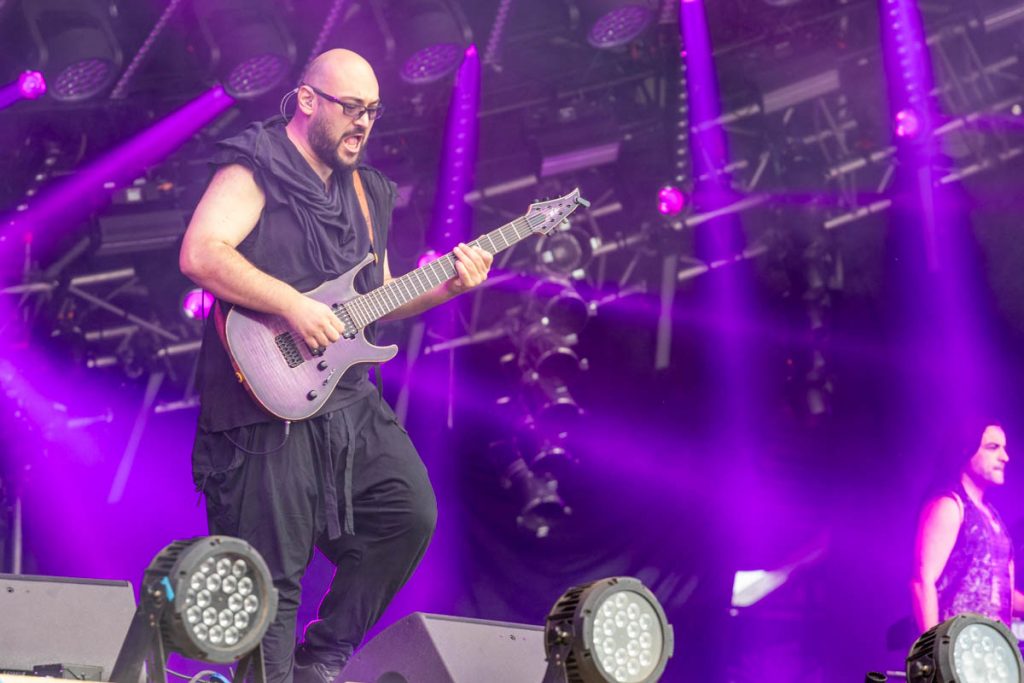
What was it like when Myrath started all the way back in 2001? Anis: Myrath began as a cover band, first playing some blues, then moving to covers of Symphony […]
Her First Time in Poland – interview with Julia Fordham
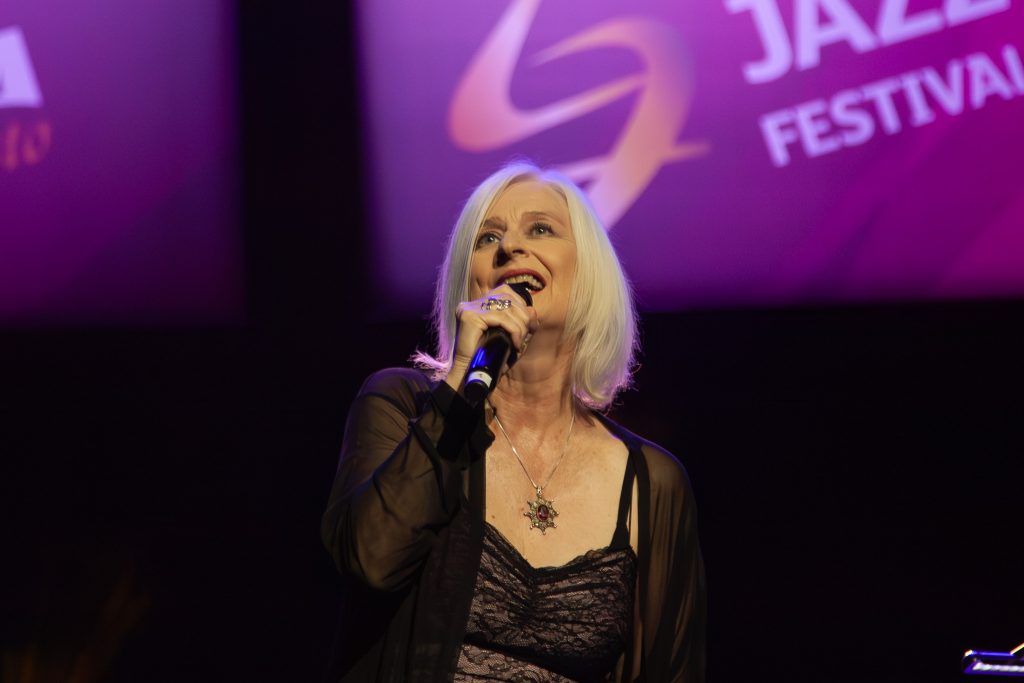
Julia Fordham, enchanting with her beautiful voice, came to Poland for the first time. She cast a spell on the Ladies’ Jazz Festival audience, so that they couldn’t help but […]
Iga Kozacka not only a TV star, but also a composer and songwriter – an interview with the singer

Iga is a Polish singer, songwriter, and composer whose achievements include the semi-final of the fifth edition of The Voice of Poland, the final of Szansa na Głosy, and participation […]
Wywiad z Oysterboy
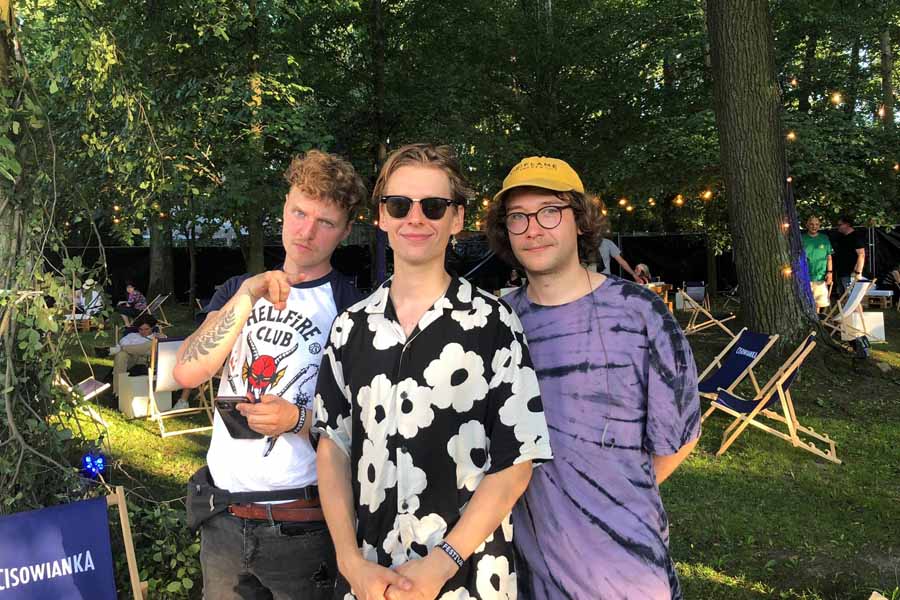
Interview with Piotr Kołodyński (Oysterboy) The post-pandemic return of OFF-Festival after two years was accompanied by a greater emphasis on indigenous Polish artists – from debutants to artists with experience […]
Yellow Umbrella
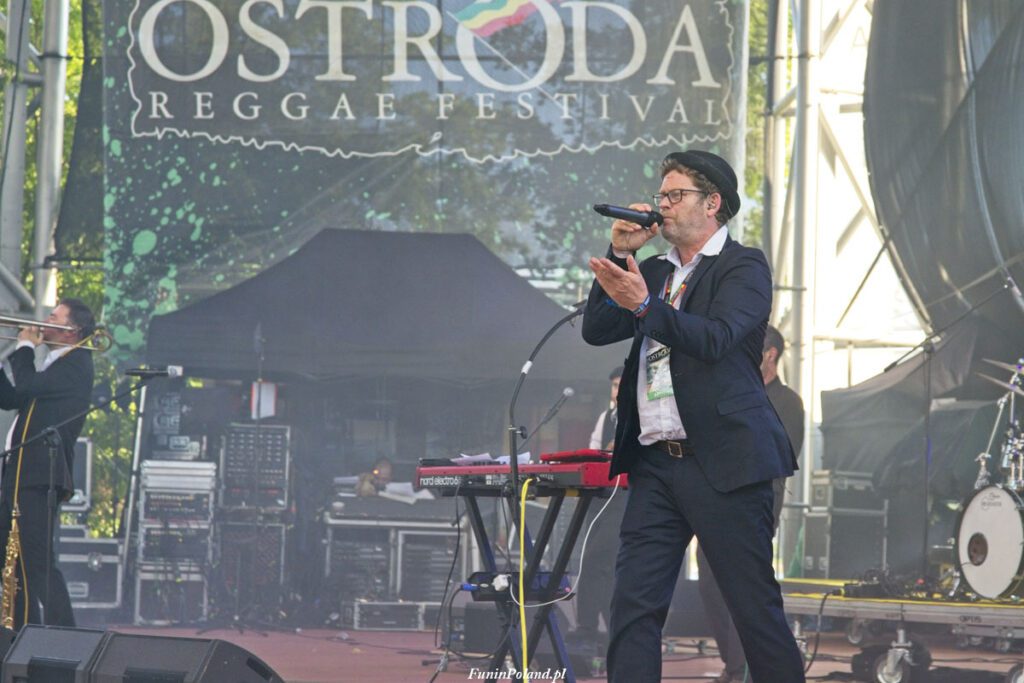
Interview with Yellow Umbrela During this edition of Ostroda Reggae Festival (9-11 July 2011) a FunInPoland representative interviewed Jens Strohschnieder (vocal, keyboard) and Thomas Hellmich (trombone) from Yellow Umbrella – […]
Talk about Soul Music
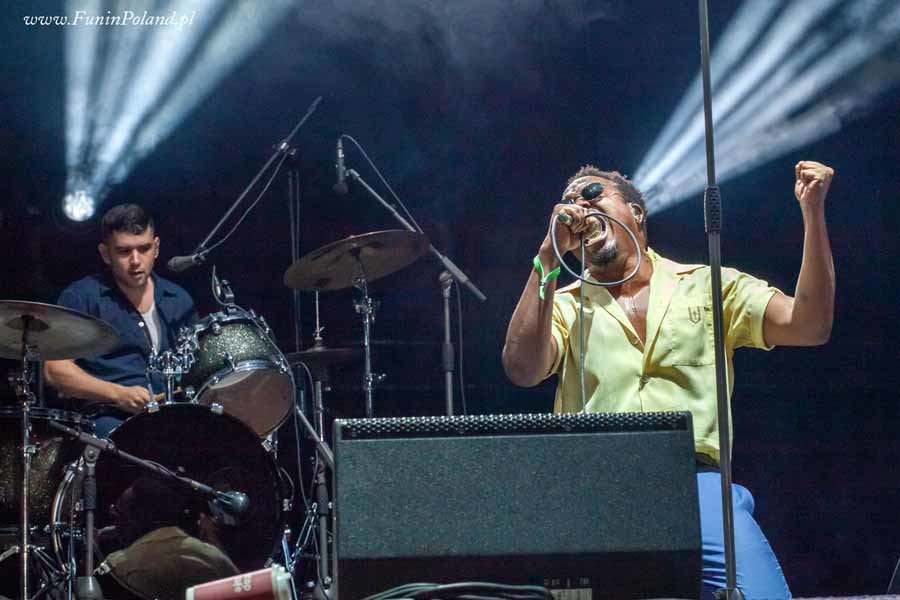
Interview with Durand Jones & The Indications We had a great pleasure to interview Durand Jones (singer) and Aaron Frazer (drummer) of The Indications band before their concert on the […]
Interview with Ana Moura
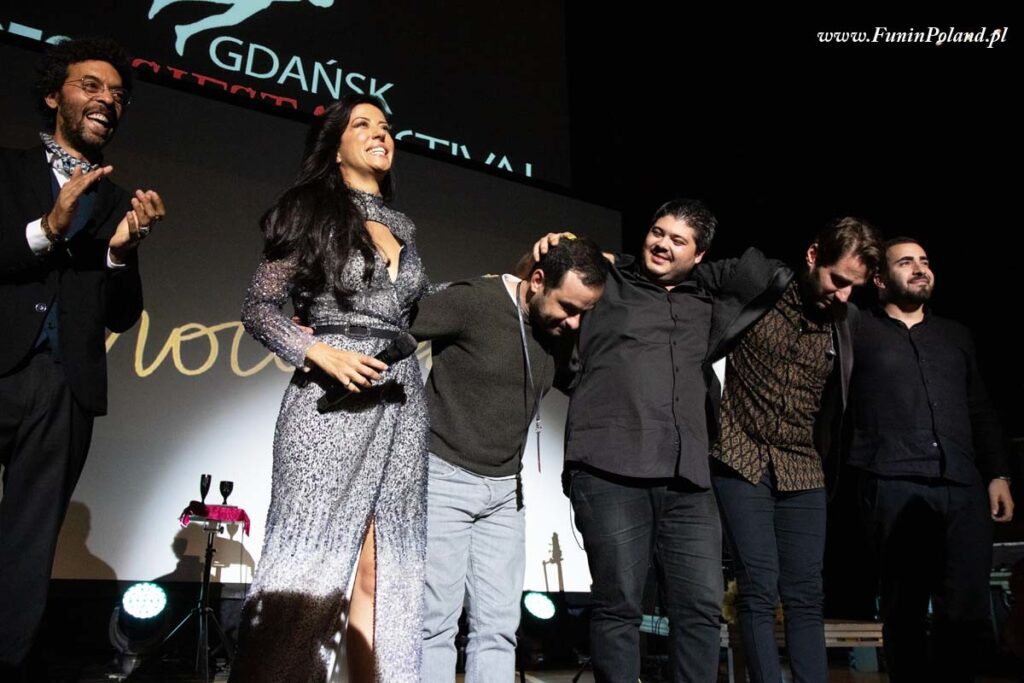
Ana Moura after concert A few moments after the concert which Ana performed during the Siesta Festival, the singer gave us a short interview. Fun in Poland: Did you enjoy […]
Interview with Dino D’Santiago
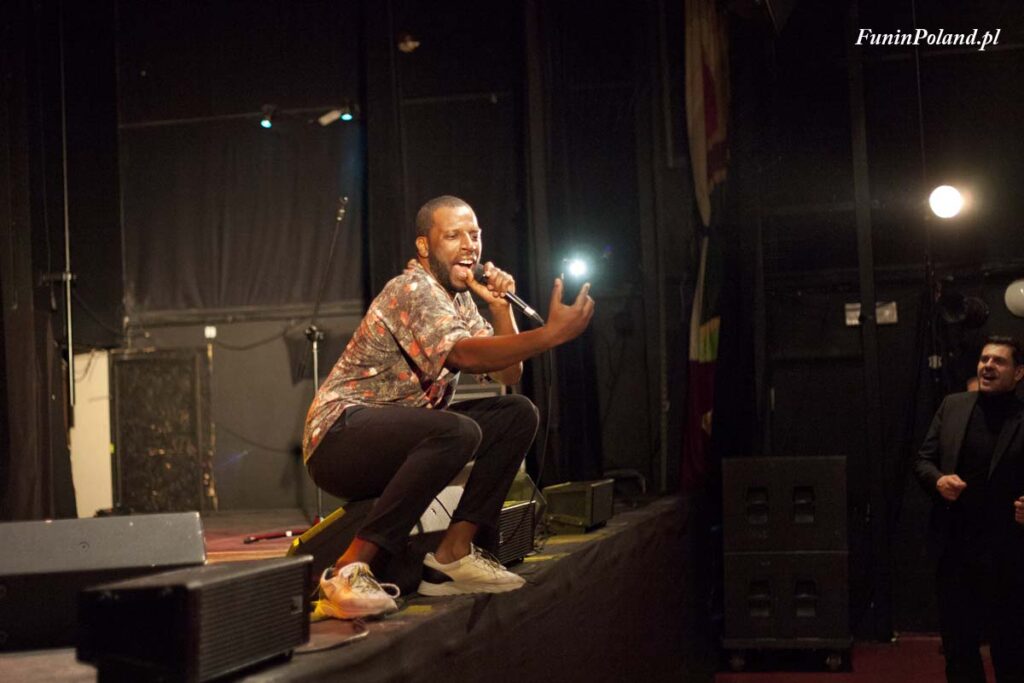
Dodaj tu swój tekst nagłówka A few moments after his concert, which took place on February 7th in Warsaw Palladium theatre, the editors of “Fun in Poland” had a pleasure […]
